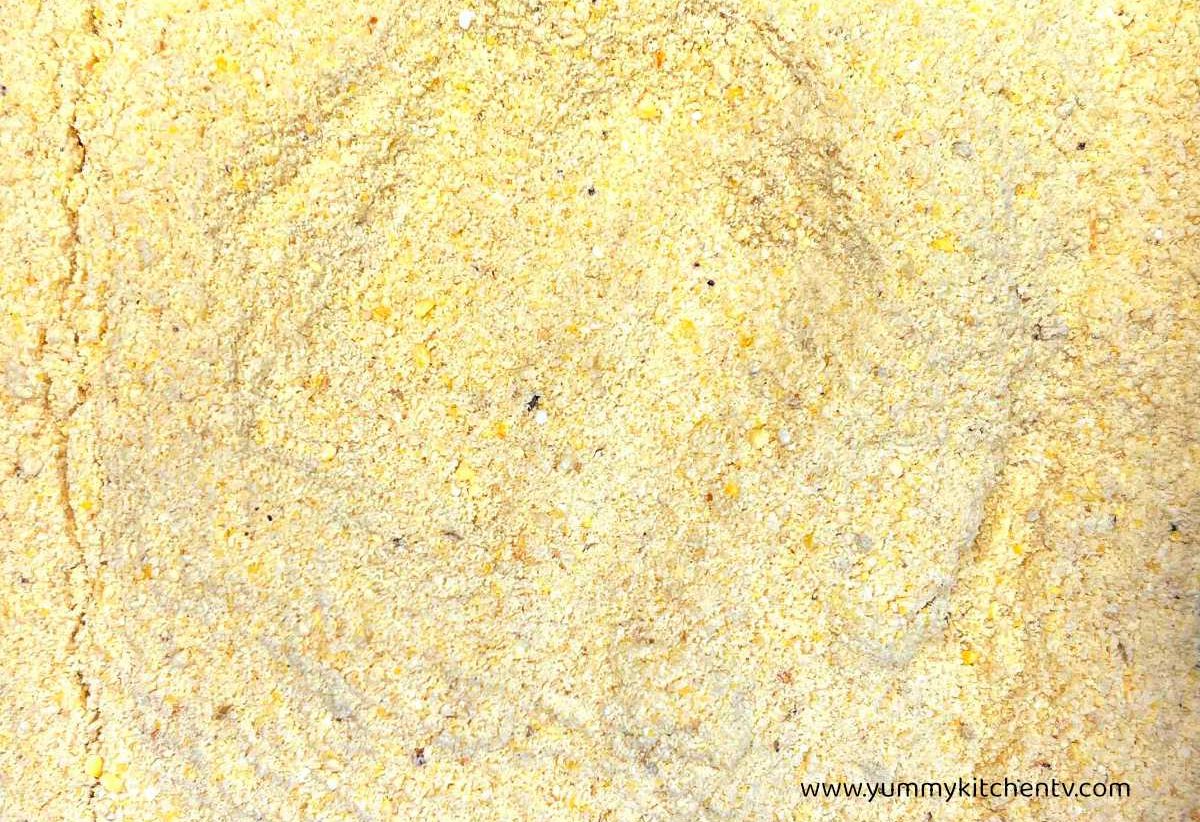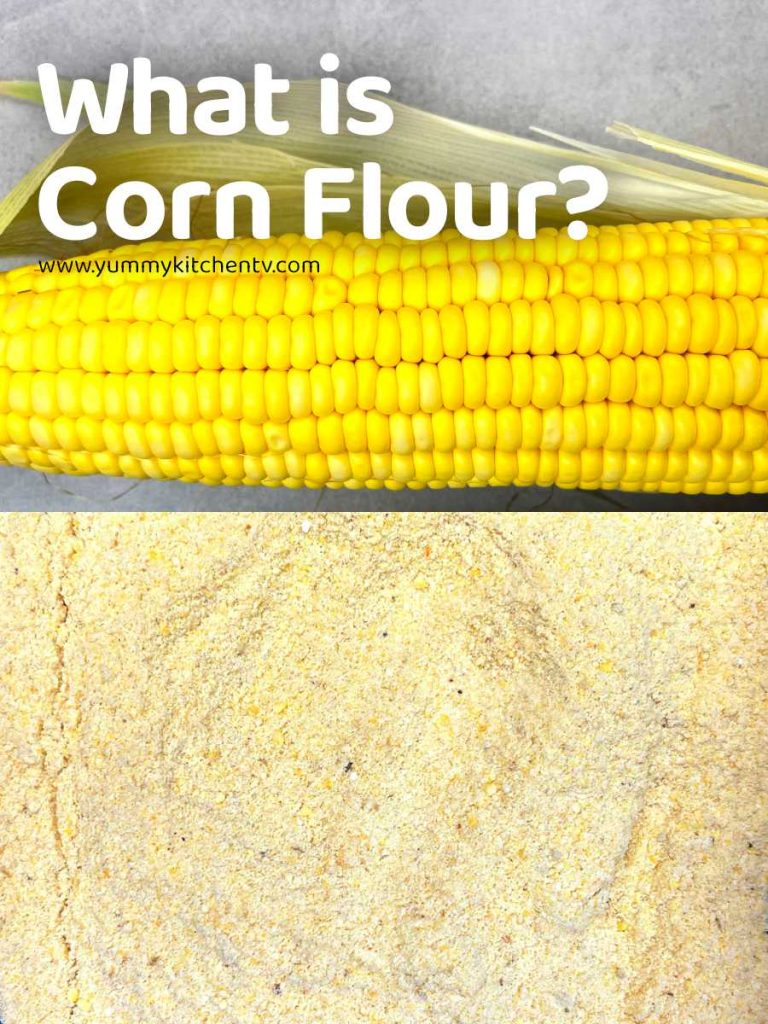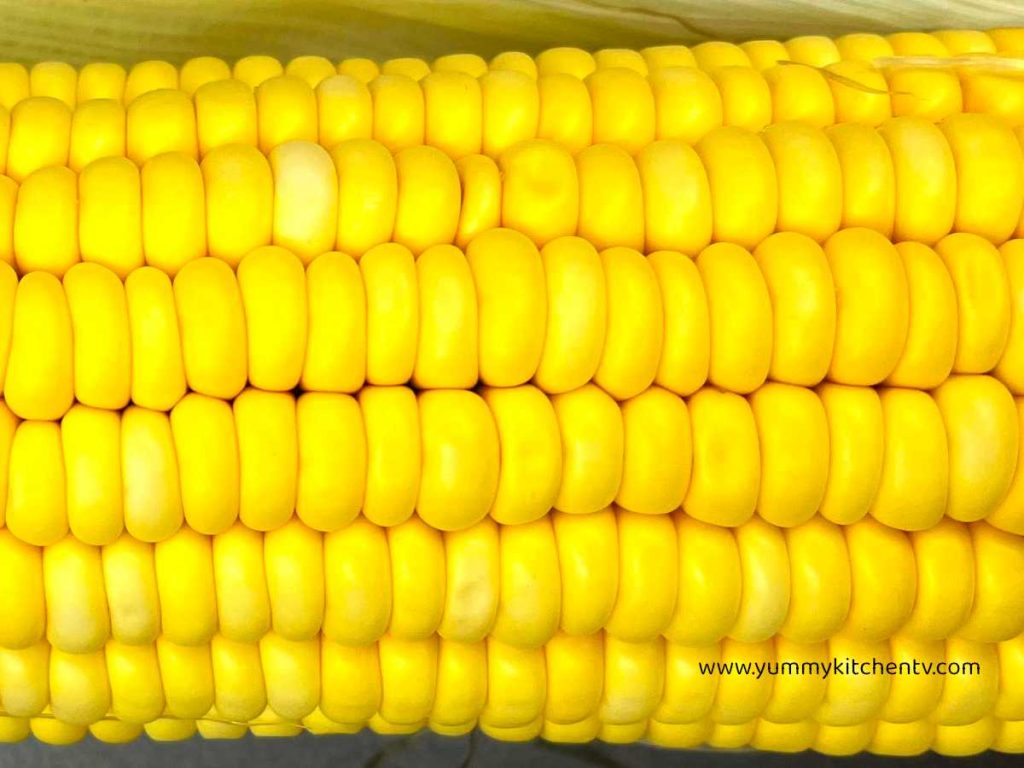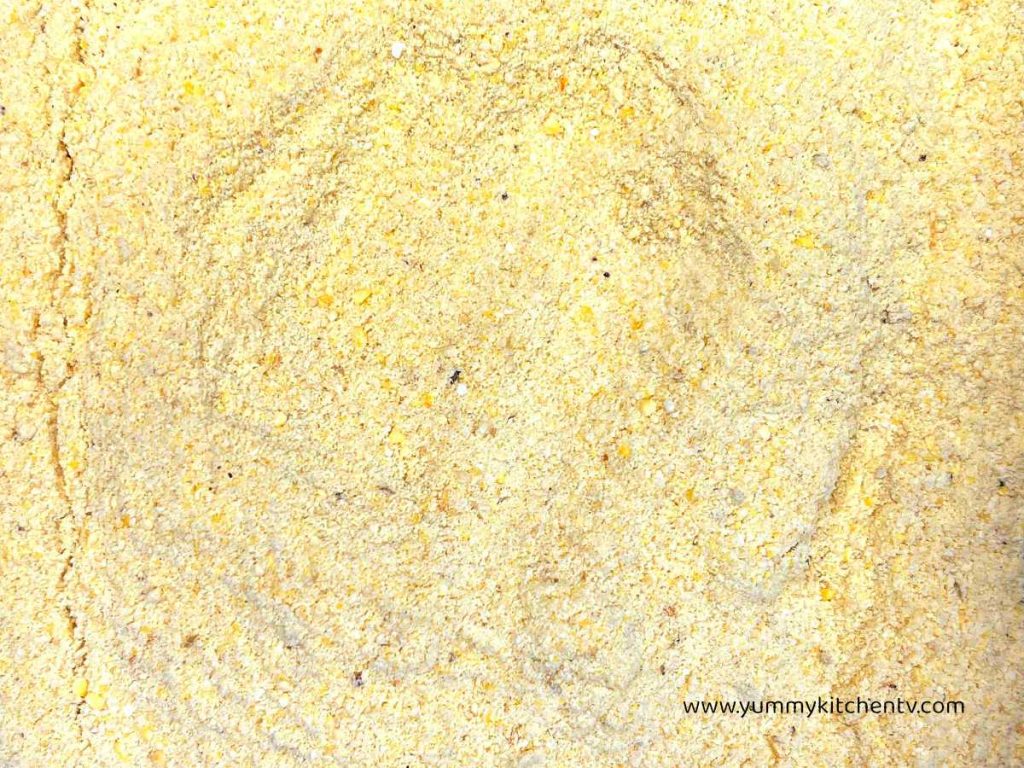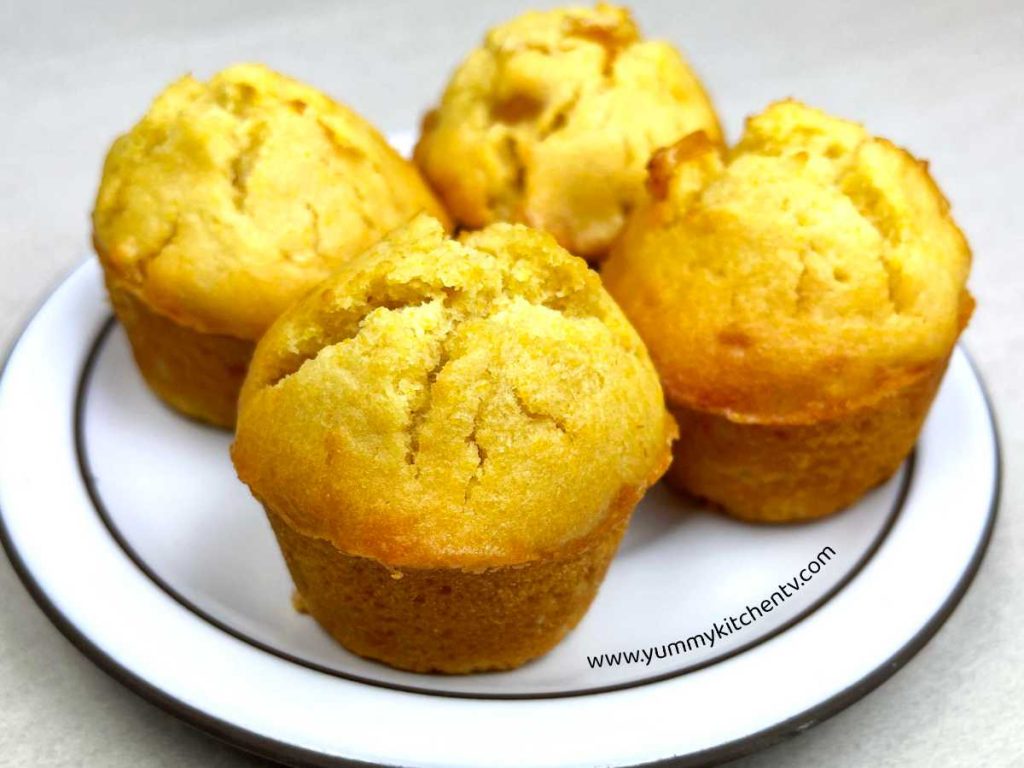Corn Flour is flour made of ‘maize’ or ‘corn’ that comes from the dried corn kernels grinded till it turns into powder. A whole grain finely milled flour that includes the whole kernel-grain meaning that it also includes the bran and the germ. While it does have similarities to ‘cornstarch’ both being made of corn and can be used in both cooking and baking, they both definitely have differences on how it can be used and the process of how it’s made. A common ingredient to many cuisines, these are not only used for baking, but as a thickener, breads, and many others. It is also a nice beneficial flour alternative as it has vitamins, minerals, and fiber. Know more about this tasty and sweet but healthy flour alternative below.
A short introduction
This slightly yellow unrefined coarse or fine type flour, also known as ‘maize flour’ is an incredibly interesting type of flour to add into most recipes, not only due to the color, but from the texture and subtle sweet and aromatic corn flavor it has. Being made out of dried corn kernels. The production of corn flour starts with corn cobs, removing the corn kernels and drying them, some millers keep or remove the outer hull and germ from the kernels (which are where most of the nutrients are, using machines with metal rollers or stone-ground machines to grind these into coarse to fine yellow powder that feels similar to whole wheat flour (though sometimes depending on the type of corn variety you can also find blue or white colors of this flour).
You can find this ingredient in the baking aisle in most groceries or in specialty baking stores. Aside from Gluten free baking into cakes, muffins, pancakes or waffles, breads, even cakes, and more, these can also be added into batter for frying or used as breading to give it a crispier texture, in the Southern USA these are used as pie crust for chess pie.
Is Corn Flour healthy?
Is corn flour good for health? The crop itself is full of vitamins and minerals like carotenoids, fiber, proteins and more. The flour which is the dried kernels processed till it turns into fine sand or powder still has similar benefits. The oils that keep the maize flour a bit moist are especially great as it still contains medicinal properties like Vitamin A and E, unsaturated fatty acids, and phytosterols. Maize flour nutritional value of 1 cup or 117 grams have around 422 calories with a good amount of vitamins and minerals. With so many benefits, how much can it actually help the body? Here are a few examples:
- Great for the heart, like all whole grain products the consumption of this high dietary fiber ingredient can help lower blood pressure, lower cholesterol, and reduce the risk of heart diseases.
- Can help with Type-2 diabetes as these have dietary fiber, Vitamin A, and magnesium that can help regulate insulin throughout the body. Though you might need to consult a doctor about your diet to be sure.
- For a Healthy weight loss, the fiber and starch in this type of flour can not only improve digestion. This can also help weight management as it helps you feel full for longer and keeps you from being constipated.
*Signs of maize flour intolerance: it might arise after a few hours making one feel bloated and might cause bloating and diarrhea. Do consult a doctor or take your recommended allergy medication.
Substitutes:
What type of flour can change how the dish can come out. One of the biggest questions in terms of the flour and starch and other alternatives to corn-powder is “Can I substitute corn flour for cornstarch?” or “what are the differences between the two” ? Here is a brief explanation of the difference between normal flour and flour made out of dried kernels, and which is best for baking, frying, or just as a thickener.
- Maize flour vs Corn flour ?
Both are one and the same, just with different names as the name ‘’maize” is more commonly used in some western states. While the other is a name more commonly used around the world.
- Maize flour vs Wheat flour?
The biggest difference is that one has gluten and the other does not. Maize(corn) cannot replace all purpose/regular flour while the regular flour can replace maize flour. Nutrition wise maize flour has high fats and benefits and has a more textured powder unlike regular flour that is finer and does not have any taste.
- Corn flour vs cornmeal
Can I use cornmeal instead of corn flour? Or is cornmeal the same as corn flour? These are both almost similar to each other but cornmeal is very coarse and rough and are better used for baked goods like cornbread, muffins, and for polenta. While the flour version is seen as ‘highly proceed’ and is best used as thickener for sauces or stews, or for finer textured baked dishes.
- Corn flour vs starch
What is the difference between corn flour vs cornstarch? While most would think that maize flour is the same as cornstarch as both derived from the main ingredient ‘Corn’. The starch is made from the endosperm of the kernel and has a chalky and finer powdered texture more so used as a sticker for stews or sauces. While the flour version is made from the whole kernel and is best for baked goods and frying but can also be used as a thickener, though it would feel coarser.
Corn flour recipes snacks and other dishes:
- Substitute them into the batter for Quick and Easy Corn Dogs these can help make them crispier
- Popcorn Chicken breading
- or for a simple Crispy Whole Fried Chicken breading
- No Oven No Egg Bread
- Cheese Cupcakes
- Kabayan muffins or a No Oven version (No-oven Kabayan Muffins)
- Corn flour recipes gluten free : old fashioned gluten-free cornbread

